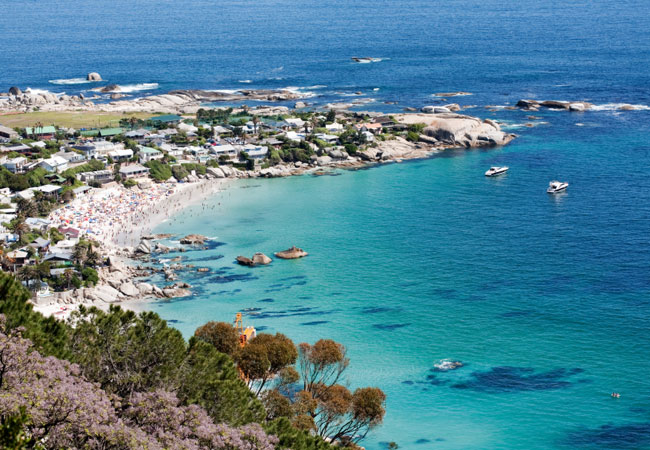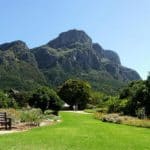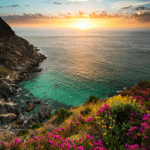Cape Town beaches are no stranger to blue flag status, with a number of beautiful beaches designated with this title for their untouched, well-kept surrounds. This honour is awarded by the Wildlife and Environment Society of South Africa (WESSA), who rates beaches across the country on a scale that is based on how well the area is preserved. Beaches that adhere to efforts towards sustainability and environmental practices to ensure that they can be enjoyed by all for many years to come.
The Blue Flag Programme has been running since 2001. According to Belinda Walker from the City of Cape Town, the programme “has long been leading the country in achieving world-class standards for beaches.”
Which beaches have been granted blue flag status, and what does this mean for beach goers over the upcoming summer? Let’s take a look…
Which Beaches in Cape Town Have Been Awarded Blue Flag Status?
First up, here are the beaches that have been awarded blue flag status for the 2015/16 summer season running from 1 December 2015 to 31 March 2016:
1. Bikini Beach
2. Mnandi Beach
3. Strandfontein Beach
4. Llandudno Beach (December to January)
5. Camps Bay Beach
6. Clifton 4th Beach
7. Silwerstroomstrand (December to January)
What is the Blue Flag Beach Programme All About?
City of Cape Town’s Belinda Walker sums up the programme pretty well in a recent statement released by the City. She said that sustainable environmental management that can be achieved by such a programme is the best way to maintain ecological intregrity in coastal areas such as Cape Town – especially over the busy festive season where so many people enjoy beaches in Cape Town.
“The Blue Flag is an international accreditation awarded to beaches that display excellence through meeting 33 criteria covering four categories including: environmental education and information; water quality; environmental management; and safety and services,” she added.
“Participation in this international programme is voluntary and the status indicates that the beaches all have their own environmental education programmes, have bathing water of the highest standard, are clean, have adequate ablution facilities and parking, are environmentally sound, are safe and secure to visit, and adhere to international safety and tourism standards.”
Simply put, rating and grading beaches on their sustainability and eco soundness is the best way to protect our precious coastal resources for future generations to enjoy. When large numbers of people flock to beaches across the peninsula, bringing alcohol, braaing tools and waste from food packaging, cigarettes and empty bottles, coastal regions are affected – and not in a good way, either.
In order for beaches to be enjoyed by everyone – the people that visit them as well as the marine life found in the waters and on land – they need to be cared for and looked after. This is why it is so important for beaches in the Cape to strive towards achieving blue flag status. Cape Town was also awarded a number of accolades for its beautiful beaches, which included a Silver (10-year service) for Clifton 4th Beach and Bikini Beach, a Bronze (five-year service) for Silwerstroomstrand, Camps Bay, Llandudno and Mnandi beaches. Three Cape Town marinas were also awarded full Blue Flag status: the False Bay Yacht Club, the Water Club, and Harbour Island.
…
We are very proud of our lovely beaches, and hope that you will be enjoying them as much as we will this coming summer. Now it’s your turn – which are your favourite Cape Town beaches, and why? Leave your thoughts in the comments below and let us know!






